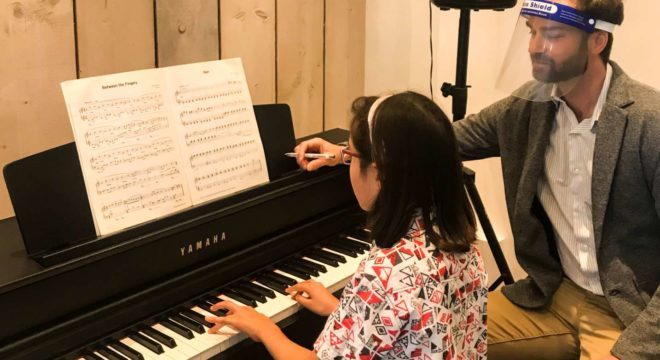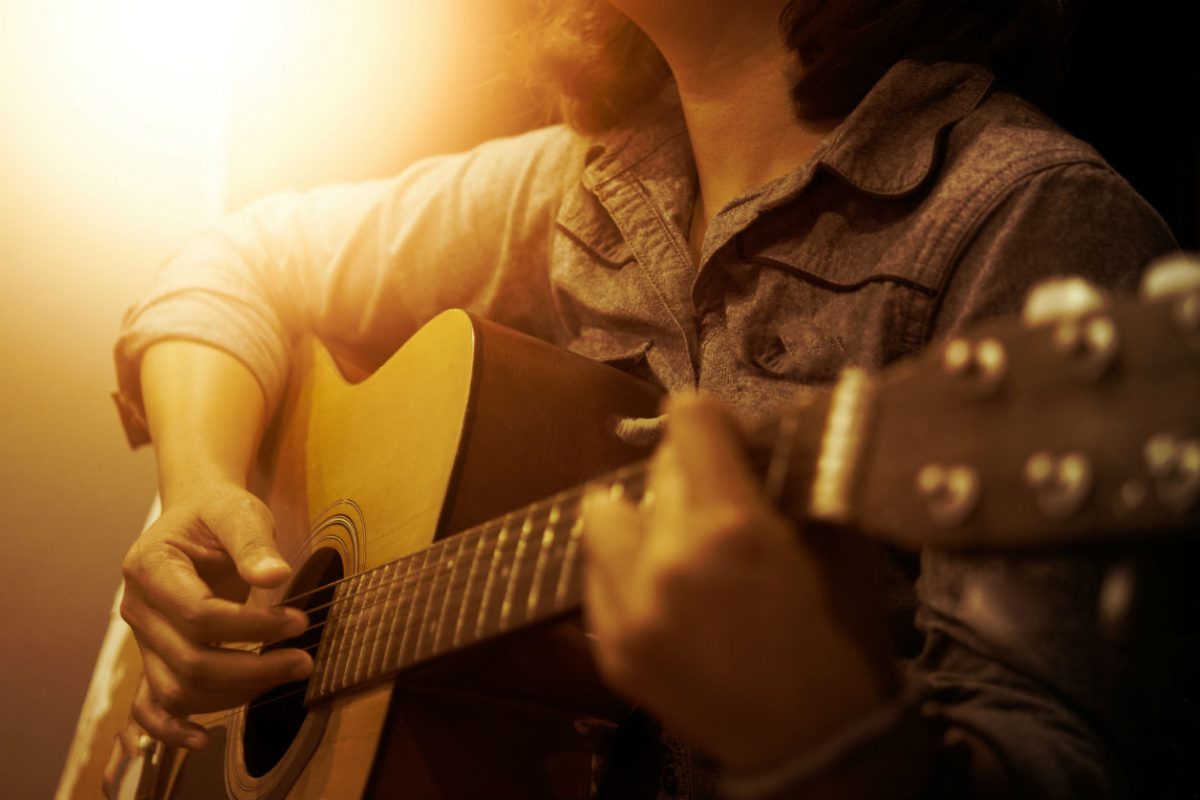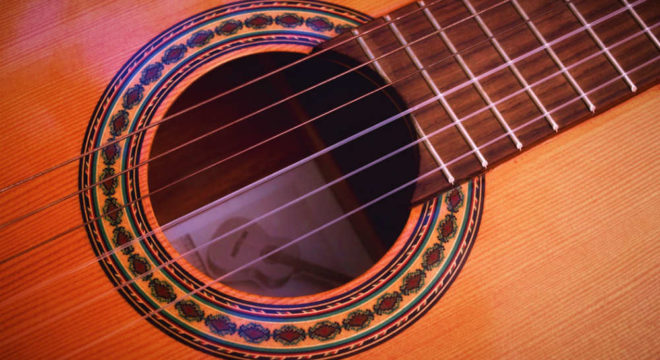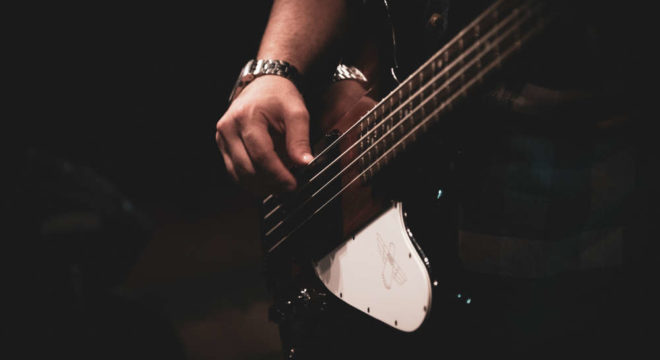
The Right Way To Practise Your Guitar
You want to learn to play the guitar & you’ve signed up to take guitar lessons, fantastic! We’ve pulled together some helpful tips and tricks to help show you the right way to practise your guitar.

We’ve pulled together some helpful tips and tricks to help show you the right way to practise your guitar.
The most important thing to do when you start practising the guitar is to master discipline, practice often and as regular as you can, taking a guitar lesson is one thing, practising however is another. Anyone can find the time to practice they just have to learn to organise their time efficiently enough to fit in the time every day. You should learn to practice your guitar as often as you can.
Find a routine that works for you
Organise your week and find how much time you have to practice every day, you’ll need to cover as much as possible as practise make perfect! Once you have created a timetable learn to split your practising accordingly to make sure that you can nail all the work given to you during your guitar lesson. 30 Minutes four times a week is enough to make regular improvement.
Know your weakness and practise
You’ll know what your weakness is or if you’re not sure you can always ask you guitar tutor to help identify what these are in your guitar lessons. From here you can then make sure your practising timetable focuses on the areas you are not good at. Although it’s fun to play all the songs you know and pull off showy techniques, it’s important to remember you won’t grow as quickly as a guitarist doing so.
Divide your practise up into easy chunks
Practice different musical areas and even isolate your weakness within them, for instance do separate rhythmic studies, lead/improvisation studies, technical studies, theoretical studies etc and also once again find time to put them into your routine, and also practice all your weakness in these areas and practice all of them as often as you can. A good guitar teacher can help you target your weaknesses and suggest exercises to overcome them.
Get yourself a metronome & use it
The metronome is a really useful tool, it will help you overcome many difficulties in technical and rhythmic areas and will help if you join a band too, as you must learn to play in time in order to play with others and this device will give you those skills.
Tap your foot along to the beat
When practising music alongside with a metronome, try tap your foot as often as you can while playing, this will internalise the rhythm elements of music and you will develop far more of a sense of feel and rhythm if you can tap alongside your playing, whether it’s a song you playing, technical exercise or if you are soloing/improvising tapping your foot might be difficult in the beginning but once its natural your feel and timing will grow tremendously.
Train your Ears
Guitarist Mark Tremonti from Creed and Alter Bridge says “ The sooner you develop your ear, the sooner you’re ready to tackle any song at any time. You’ll learn faster and have a deeper understanding”. The best way to develop your ear is to transcribe music. Start off with your favourite band and songs and sit with your guitar and try work out what they are playing on the recording. This may get frustrating in the beginning, but practice makes perfect the more you spend time doing this the quicker you will catch onto what’s happening and this will, in turn, boost your playing to whole new levels. Some musicians learnt entirely to play guitar by working out songs, scales, chords, riffs, solos and licks from recordings. Jimi Hendrix would often transcribe blues artists in the same way jazz guitarist Wes Montgomery spent hours working out jazz standards and identifying sounds and rhythms. The more you do it, the more you will begin to hear everything that’s happening! Don’t rely on your eyes all the time to see what is being played.
Create music right from the start:
Even if you playing technical exercises and scales try to play them with as much feeling and intensity as possible, try to always make music while practising everything you do. If you really want to move people with your playing always put some feeling or soul into it and practising this is important.
Listen up & record yourself
If you want to hear what you really sound like while playing record yourself, you will be surprised at the difference between how you think you sound in comparison to what you really sound like, its like hearing your voice when someone records you, sounds different in your head doesn’t it. By recording or even filming yourself you can find out where your weaknesses really lie and in turn focus on them.
Practice without your guitar
Always try and visualise scales, chords etc and even how songs sound in your head when you are away from your guitar. In this way you can grow a lot in your playing just by driving to work or school every day, always try and work out guitar elements in your head it will help you expand your playing. Two more side tips to consider are, try and stand up while playing especially if you planning on performing live, it’s different standing up when playing in comparison to sitting down try practice both, the same as try practising with a clean tone as often playing with distortion muffles your technical mistakes playing clean will bring them to light for you to focus on.
Stand up and practice
Once you have a lick or song under your belt, strap up and play it standing up. The lick is the same but the mechanics of your hand movement is slightly altered. It’s like night and day. You have to be able to play your guitar standing up.
If your interested in guitar lessons at HCM Music college are friendly admissions team can hep you get started. You can either complete our enquiry form, call us directly on 01920 460646 or by email learn@h-c-m.co.uk

